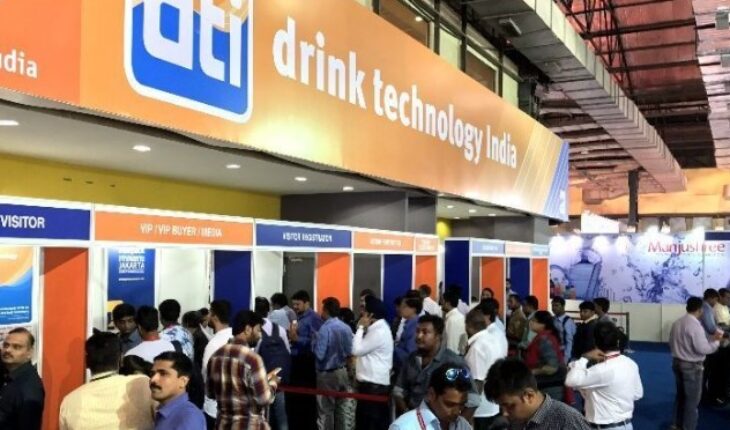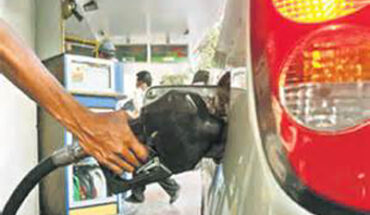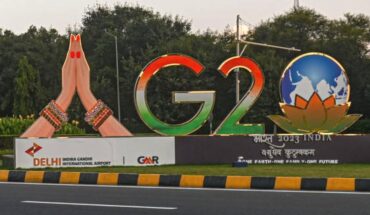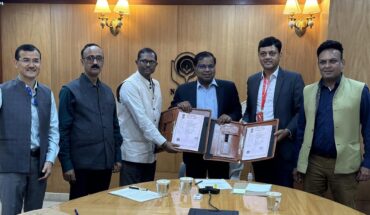Drink Technology India (DTI), the leading trade fair for the beverage, dairy and liquid food industry in India, has begun with the three-day event showcasing the entire spectrum of this industry in India by targeting sectors from soft drinks, beer and brewery equipment to liquid food oils and fats.
The Indian beverage market is dynamically progressing and trade fairs like DTI will play a pivotal role in fuelling the industry growth by not only working as a top-selling market, but also as a future-oriented knowledge centre, according to Bhupinder Singh, CEO, Messe Munchen India, which organized the event. “The Indian beverage, dairy and liquid food market is viewing a bright future outlook in view of the present continuous increasing demand from the rising population, coupled with growing urbanization and the consumption-oriented middle class,” he said.
 “Statistics showed that demand for beverages was 27 billion litres in 2017 and expected to grow over 50 billion litres by 2022. During 2012 to 2017, domestic beverages production grew by 63%,” Singh said, adding “To meet the industry’s evolving demands, DTI 2018 is aiming at providing numerous stimuli for investments into the growth industries and bridging the gap between supply and demand. The supporting programmes will shed valuable light on the latest trends and products in the beverage, dairy and liquid food industry.”
“Statistics showed that demand for beverages was 27 billion litres in 2017 and expected to grow over 50 billion litres by 2022. During 2012 to 2017, domestic beverages production grew by 63%,” Singh said, adding “To meet the industry’s evolving demands, DTI 2018 is aiming at providing numerous stimuli for investments into the growth industries and bridging the gap between supply and demand. The supporting programmes will shed valuable light on the latest trends and products in the beverage, dairy and liquid food industry.”
The inaugural ceremony of drink technology India 2018 was attended by key stakeholders from the industry including Prof. (Dr.) N. C. Saha – Director, Indian Institute of Packaging (IIP), Subodh Gupta – Chairman, Indian Institute of Packaging (IIP), Prasad Nabar – President – Oil Technologists Association of India, Prof. Ravindra Kulkarni – Treasurer – Oil Technologists Association of India, Stefan Glimm – Senior Executive Advisor – European Aluminium Foil Association, George Moller – Executive Director of Business Unit 4, Messe München GmbH, Bhupinder Singh, CEO – Messe Munchen India, Bernd Jablonowski – Global Portfolio Director, Processing & Packaging, Messe Düsseldorf GmbH, among other key industry players.
About 350 global exhibitors from 20 countries at drink technology India 2018 are showcasing the latest developments and solutions in the Indian beverage, dairy and liquid food market, besides the latest innovations developed by companies from India and globally in areas ranging from production to filling and packaging of all types of beverages and liquid food.
While the FSSAI seminar discussed latest news about the regulatory framework of drinks and beverages in India, the Oiltech Forum also took place for the first time at ‘drink technology India’ as part of the Oiltech Pavilion with the Oil Technologists’ Association of India (OTAI) supporting Messe München India in organizing and designing the program.
Speaking on ‘Challenges in Packaging of Edible Oils and Other Related Products,’ Dr R Rangaprasad, (Business Head), Packaging 360, described India as the 4th largest edible oil consumer after USA, China and Brazil, despite having barely 9.3% production. “India is among the top 10 countries having 20 kgs per capita consumption and the present is witnessing a new trend of fortified oil — containing vitamins A, D and E — due to increased awareness of heart-related ailments. While sunflower and soya oil lead this fortified oil segment, edible oil production grew at 25% to touch the US$ 20 billion mark in 2017.”
Noting that sale of edible oil in loose packaging earlier witnessed adulteration, he said new packaging in tins, tetrapak and PET bottles has eliminated this menace, while today the hospitality sector buys 15 kg packs, households choose lesser quantities and housewives prefer PET packs and brand loyalty.
Pointing out that the present is witnessing a precarious situation due to disposal of flexible packaging pouches for oil, he said “There is a bit of panic in the Maharashtra market due to the ban on plastic and, due to this, glass and tin packaging are emerging in the market – especially as tin ensures a long shelflife, while PET bottles are eco-friendly and can be recycled. Also, the newly-introduced ‘Liquid Nitrogen Dosing System’ ensures long product shelflife.”
A seminar titled ‘Microbreweries in India creating a Craft Beer Revolution,’ was among the forward-thinking topics for the entire Indian beverage and liquid food market, besides trends in beverages, dairy, packaging and recycling sectors being highlighted in the Round-Table Talks — where industry experts spoke about prevailing challenges in the industry and future trends. Buyer-Seller Meetings also offered additional benefits to exhibitors and visitors by bridging the gap between exhibitors and top managers through promoting a targeted exchange between them.
Both Indian and global exhibitors are showcasing innovative products and growth. Catalysts (Delhi) are ecstatic at achieving a Rs 100-crore turnover as a Group and also clocking over 30% growth in the first quarter of 2018-19 due to favorable Ethanol policy and good monsoons in their marketing covering distribution for India and South-East Asia, according to Munish Madaan, Managing Director, Catalysts. The Catalysts baskets – covering brewing, starch, malt, molasses, grain and sugar –will offer some new yeasts for more enhanced flavours to beer, besides some pathbreaking technologies being launched commercially this year to change many dynamics in the marketplace, states Aditya Malhotra, Director.
From Shandong Yemai Plastic company in China comes ‘Weed Control Mats.’ Since weeds are the bane of farming and gardening, Yu nai Yu, General Manager, said these weed mats’ indigenous production in the company in China since 2002 witnessed US$ 4 million turnover annually through exports to Korea, Japan, Australia and Canada. “India has a huge population and we are expecting our weed control mats to be popular here as they prevent weed growth while allowing air, water and nutrients to pass through to the roots in the 10-year lifespan at barely Rs 13 per square metre,” Yu added.
Demand for beverages set to grow over 50 billion litres by 2022
Published Date: 25-10-2018 | 7:14 am





